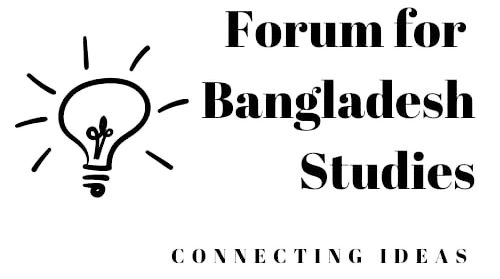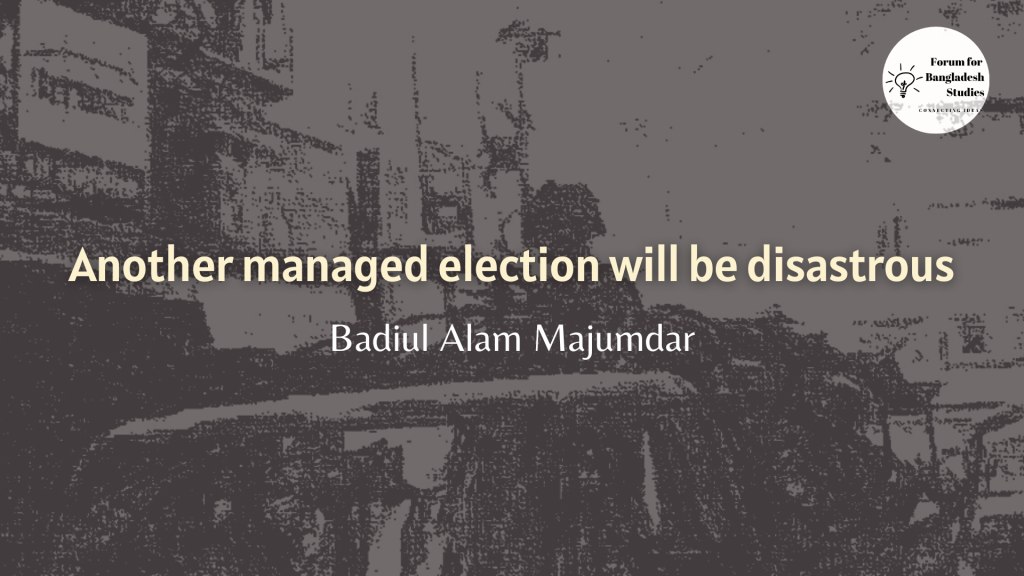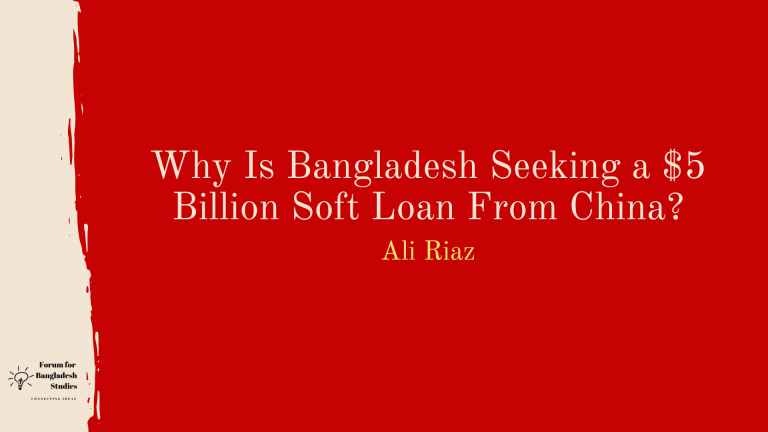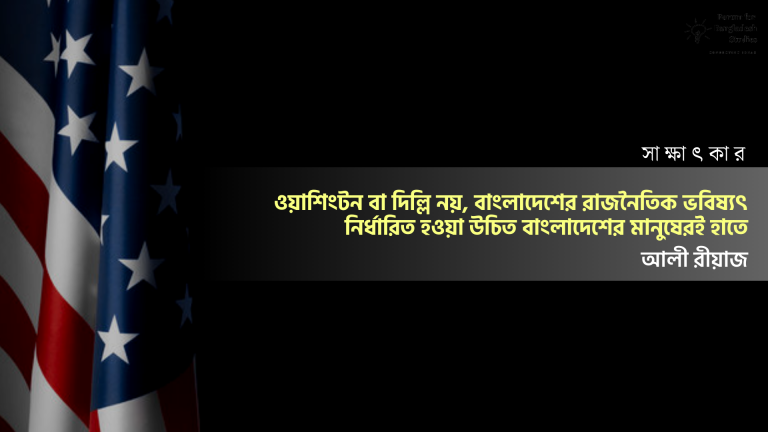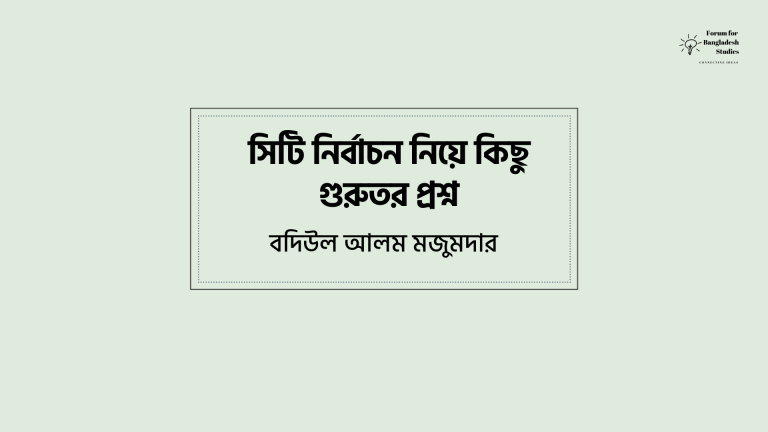It is now all but certain that we will have another “managed,” one-sided parliamentary election on January 7, 2024. A parallel can perhaps be drawn with the 2014 national election, and several city corporation polls held in 2018. The 2018 national election was also a variant of this. Through these so-called polls, people were denied their voting rights, causing serious harm to our democratic system. It goes without saying that another such election can have dire consequences for the nation.
It may be recalled that before the 2018 election, the ruling party had carried out an experiment by managing several local government elections, beginning with the Khulna city corporation polls held on June 15, 2018. In Gazipur, Rajshahi, Barishal and Sylhet city polls, this model was also explored, which was a curtain opener to what was to happen in the 11th parliamentary election. All of these polls were participatory, as all political parties, including BNP, were in contest.
These managed elections had some essential features. The government used law enforcement agencies to file cases and drove supporters of BNP candidates out of their homes, preventing them from carrying out election campaigns. On election day, ruling party activists gathered in front of polling centres, intimidating their rivals to prevent them from showing up to vote. Then, they suddenly and selectively captured polling booths to stamp ballots and stuff ballot boxes, except in Barishal, where all centres were captured right after voting opened.
Meanwhile, polling agents of BNP candidates were either prevented from showing up or interned by police in jail on election day. The EC, then headed by KM Nurul Huda, looked the other way and did nothing to prevent the electoral offences committed by police and ruling party activists.
Based on the bitter experiences of the city corporation polls, the opposition parties were unwilling to participate in the 2018 election, to be held under the party in power because of the 15th amendment—the constitutionality of which is seriously questioned by experts.
The government calibrated its model of managed election to meet this challenge. The prime minister held dialogues with opposition parties and promised to make the 11th parliamentary election free and fair. Meanwhile, the ruling party, often with police assistance, unleashed violence and other intimidating tactics against opposition leaders and candidates. The EC also cancelled the candidacy of many opposition candidates, and the court declared many ineligible to contest.
Law enforcement agencies were used for vetting those on election duty to make sure only ruling party loyalists were appointed, and cases, mostly fake, were filed by police against many opposition leaders and activists, which resulted either in their arrests or them staying out of their constituencies. The night before election, ruling party activists and a section of officials and law enforcers stuffed ballot boxes in many constituencies. On election day, ruling party activists selectively captured booths, stamped ballot papers and stuffed ballot boxes in many constituencies.
Astonishingly, a 100 percent turnout rate, or even more, was recorded in some centres, and many centres also saw zero votes for BNP and Jatiya Party (and even for the ruling party in two centres)— indicating that ballot papers were not counted in many centres. These manipulations made the 2018 election non-competitive, despite being participatory, allowing the ruling party and its allies to “win” 289 out of 300 seats.
Faced with many challenges caused by misgovernance, the government has further calibrated this model for the upcoming election. A partisan Election Commission was appointed in violation of the relevant law, which allows only political parties and professional bodies to nominate names for appointment to the EC. The Search Committee opened this can of worms, allowing legally ineligible persons to nominate names.
Then, the EC registered some “king’s parties,” and denied registration to several other active political parties. Besides, the commission declared that it would not take responsibility for political harassment of opposition parties. And so, many BNP leaders and activists were arrested under old cases filed since 2015. Many of these cases were fast-tracked to convict potential BNP candidates before the election. On top of that, police filed dozens of new cases after the violence of October 28, arrested almost all top leaders of BNP, and forced many to be on the run. Meanwhile, the administration used law enforcement and other agencies to pressure leaders of BNP and other marginal parties to join the king’s parties to contest the election.
Clearly, the above “engineering” has been carried out to keep BNP out, while pressuring and facilitating the fringe and king’s parties to be in the contest to make the election look participatory. The ruling party has also decided to allow so-called rebel and dummy candidates to avoid the ignominy of the 2014 election—where the majority of MPs were elected unopposed—and to increase voter turnout, as if a high turnout can invalidate all other concerns.
As I have repeatedly underscored, election means an exercise of choice among legitimate options. In other words, genuine elections require voters, the opportunity for them to choose from legitimate or worthy alternatives, and the freedom to make that choice. In Bangladesh’s politics, there are two dominant brands: Awami League and BNP. If one of them is absent from the electoral contest—and rival candidates are picked by the other party—the results are almost pre-determined. Such an exercise, depriving voters of the opportunity to choose from legitimate alternatives, would not pass the test of a genuine election.
The consequences of such a sham election is bound to be dire, as we may experience an economic meltdown in the coming days. It will be dire for the ruling party too, as its actions once again will lead to disenfranchising voters. Continued denial of voting and other political and democratic rights is bound to become a very serious threat in the future.
First Published: The Daily Star, Dec 2, 2023
